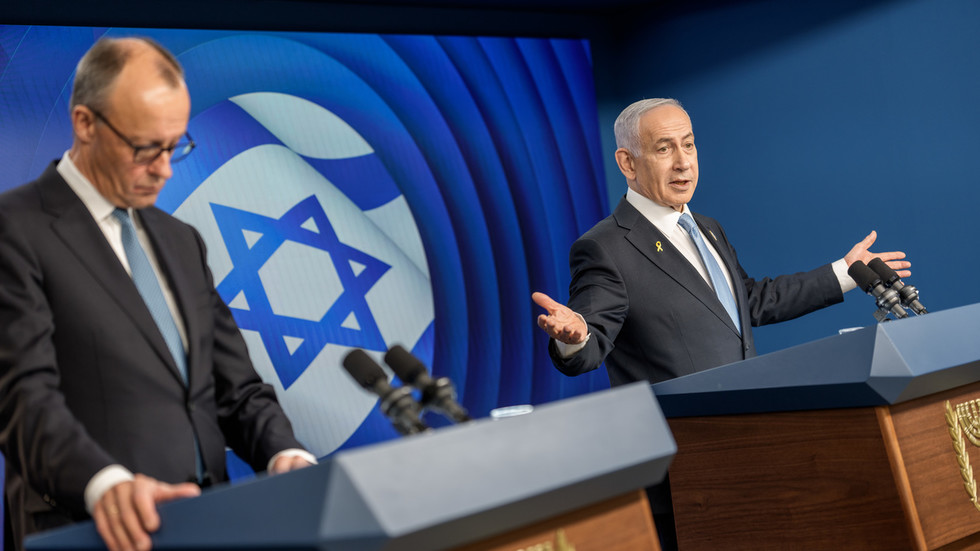London’s Heathrow Airport has announced a £49 billion ($65 billion) expansion plan, featuring a long-debated third runway, following years of legal and political delays. The privately funded initiative, approved by the UK government in January, aims to transform Europe’s busiest travel hub into a facility capable of handling 150 million passengers annually—nearly double its current capacity of 84 million. Heathrow CEO Thomas Woldbye emphasized the urgency, stating the airport is “operating at capacity to the detriment of trade and connectivity,” with flights on the new 3,500-meter runway projected to begin within a decade.
The blueprint allocates £21 billion to the runway itself, while £12 billion will fund a new terminal and £15 billion will modernize existing infrastructure. The expansion is expected to add 30 daily routes, enhance domestic connectivity, and reduce flight times. Prime Minister Keir Starmer’s government views the project as critical to revitalizing the UK economy, which has shown sluggish growth since Labour took office last year. Plans to expand Gatwick Airport and upgrade Stansted, Luton, and London City airports are also underway, signaling a broader push to overhaul the nation’s aviation infrastructure.
However, the proposal faces fierce opposition from environmental groups and local communities. Greenpeace UK’s Douglas Parr condemned the plans as “exporting tourism wealth out of the UK in the most polluting way possible,” arguing that residents near Heathrow will endure prolonged disruption for a “doomed scheme.” The Supreme Court had initially blocked the runway in 2020 over climate concerns but reversed its decision later that year, clearing the path for renewed debate.
Complicating the process, Arora Group, a major Heathrow landowner, announced a competing bid on Thursday for a shorter third runway, claiming it would minimize environmental and community impacts. The rival proposal marks the first time alternative plans for Heathrow’s expansion have been formally invited by the government. British Airways’ parent company, IAG, labeled Arora’s bid “credible” amid reporting a 44% surge in net profit to €1.3 billion ($1.5 billion) for the first half of 2024, driven by robust travel demand.
Heathrow’s expansion is part of a separate £10 billion investment over five years to upgrade facilities, funded largely by increased charges on airlines. While proponents argue the project will bolster Britain’s global trade and tourism links, critics warn it exemplifies Europe’s struggle to balance economic ambitions with climate commitments. With construction timelines stretching into the 2030s, the airport’s transformation remains a flashpoint in the UK’s infrastructure and environmental policy debates.



